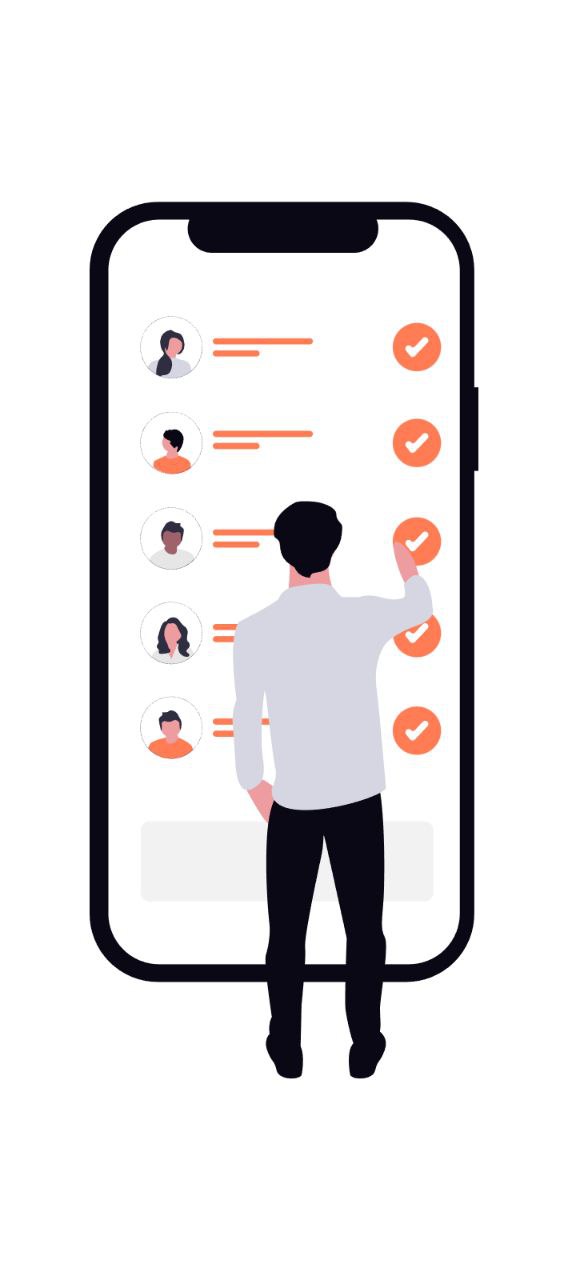How Learning Together Helps You Grow: Mastering English Speaking Practice
Learning a new language, especially mastering speaking skills, can feel daunting. But what if I told you that the key to fluency lies not just in individual study, but in the power of collaborative learning? This guide is packed with practical tips, engaging exercises, and proven strategies to help you boost your English speaking confidence and fluency. Let's dive in!
Why Collaborative Learning is Key for Speaking Practice
Learning English together offers numerous advantages over solitary study. It provides a safe and supportive environment to practice, receive immediate feedback, and build confidence. Think of it as a language gym where you can work out your speaking muscles with friends!
- Immediate Feedback: Get real-time corrections and suggestions from peers and teachers.
- Increased Speaking Opportunities: More chances to practice speaking naturally, without the pressure of formal assessments.
- Enhanced Motivation: Learning with others keeps you engaged and accountable.
- Diverse Perspectives: Exposure to different accents, speaking styles, and vocabulary.
- Building Confidence: A supportive environment reduces anxiety and boosts your self-esteem.
Practical Tips & Hacks for Effective English Speaking Practice
Now, let's get into the nitty-gritty. Here are some practical tips and hacks to make your collaborative English speaking practice sessions more effective:
1. Find Your Language Learning Buddies
Connect with other English learners online or in your community. Language exchange apps, online forums, and local language meetups are great places to find like-minded individuals. The more diverse the group, the richer your learning experience will be!
2. Structure Your Sessions
Don't just wing it! Plan your sessions with specific goals in mind. Focus on particular aspects of English speaking, such as pronunciation, grammar, vocabulary, or fluency. For example, one session could be dedicated to practicing informal conversations, while another could focus on giving presentations.
3. Role-Playing and Simulations
Role-playing is a fantastic way to improve your conversational skills. Create scenarios based on real-life situations, such as ordering food in a restaurant, asking for directions, or having a job interview. This allows you to practice different communication styles and build your confidence in tackling various situations.
4. Utilize Online Resources
Numerous online resources can complement your collaborative learning. Use websites and apps that offer conversation starters, vocabulary builders, and pronunciation exercises. Share these resources with your language partners to enhance your learning experience.
5. Record and Analyze Your Sessions
Recording your speaking sessions allows you to analyze your performance and identify areas for improvement. Pay attention to your fluency, pronunciation, grammar, and vocabulary. You can even compare your progress over time, which is incredibly motivating!
6. Embrace Mistakes as Learning Opportunities
Don't be afraid to make mistakes! They're an integral part of the learning process. Embrace them as opportunities to learn and grow. Your language partners can provide valuable feedback and help you correct errors.
7. Focus on Fluency, Not Perfection
Aim for fluent communication rather than grammatical perfection, especially in the beginning. The goal is to express yourself clearly and effectively, not to sound like a native speaker immediately. Fluency builds confidence, and confidence fuels further progress.
Engaging Activities for Collaborative Speaking Practice
- Debate: Choose a controversial topic and debate your viewpoints with your partners.
- Storytelling: Create a collaborative story, each person adding a sentence or paragraph at a time.
- Impromptu Speeches: Give short, impromptu speeches on random topics to improve your fluency and quick thinking.
- Describing Images: Describe images to each other, focusing on vocabulary related to colors, shapes, and objects.
- News Report Creation: Create a short news report as a team, assigning different roles and responsibilities.
Conclusion: The Power of Collaborative Learning
Mastering English speaking requires consistent effort and practice. By embracing collaborative learning, you can unlock your full potential and achieve fluency faster than you ever thought possible. Find your language partners, structure your sessions, embrace mistakes, and celebrate your progress. Remember, learning together helps you grow – both linguistically and personally!


